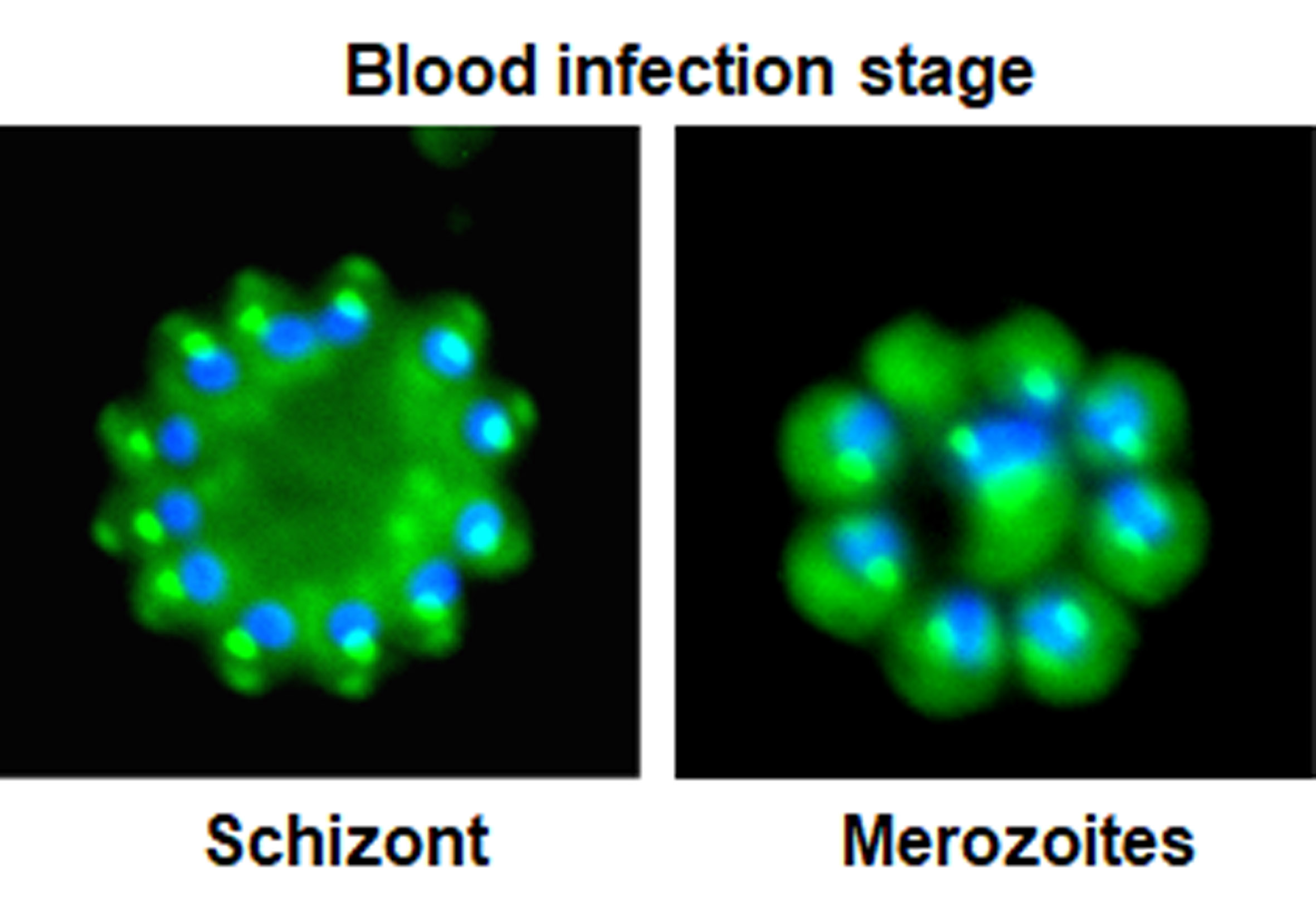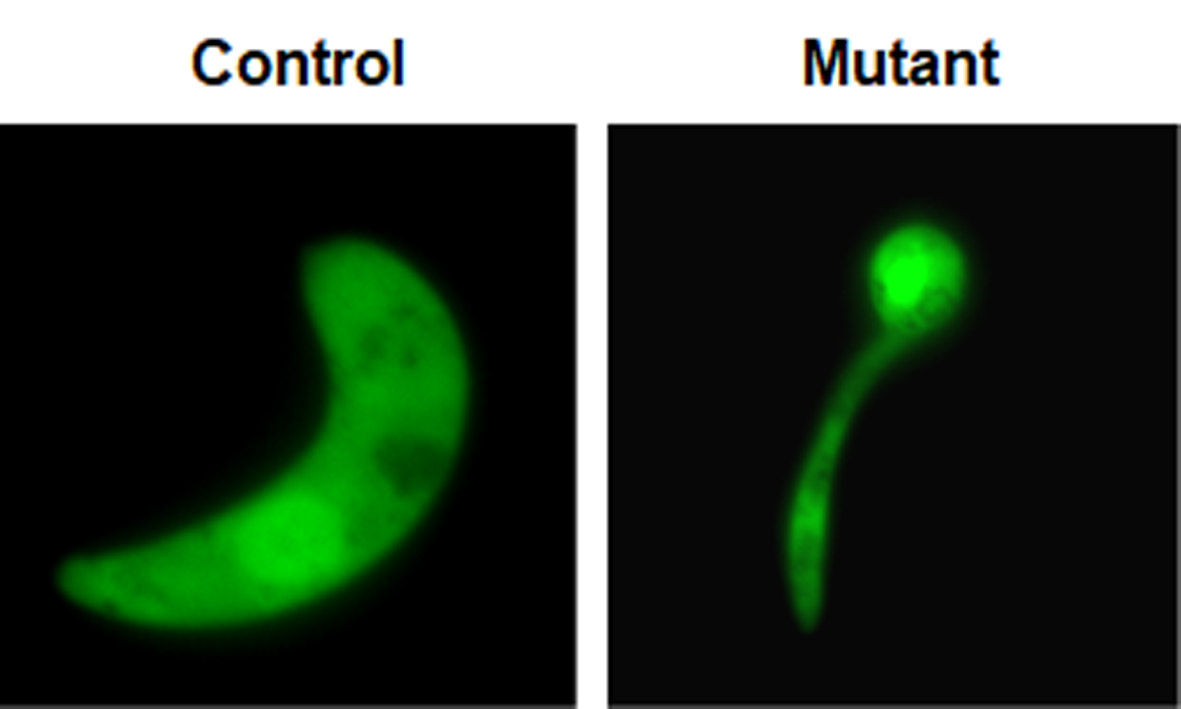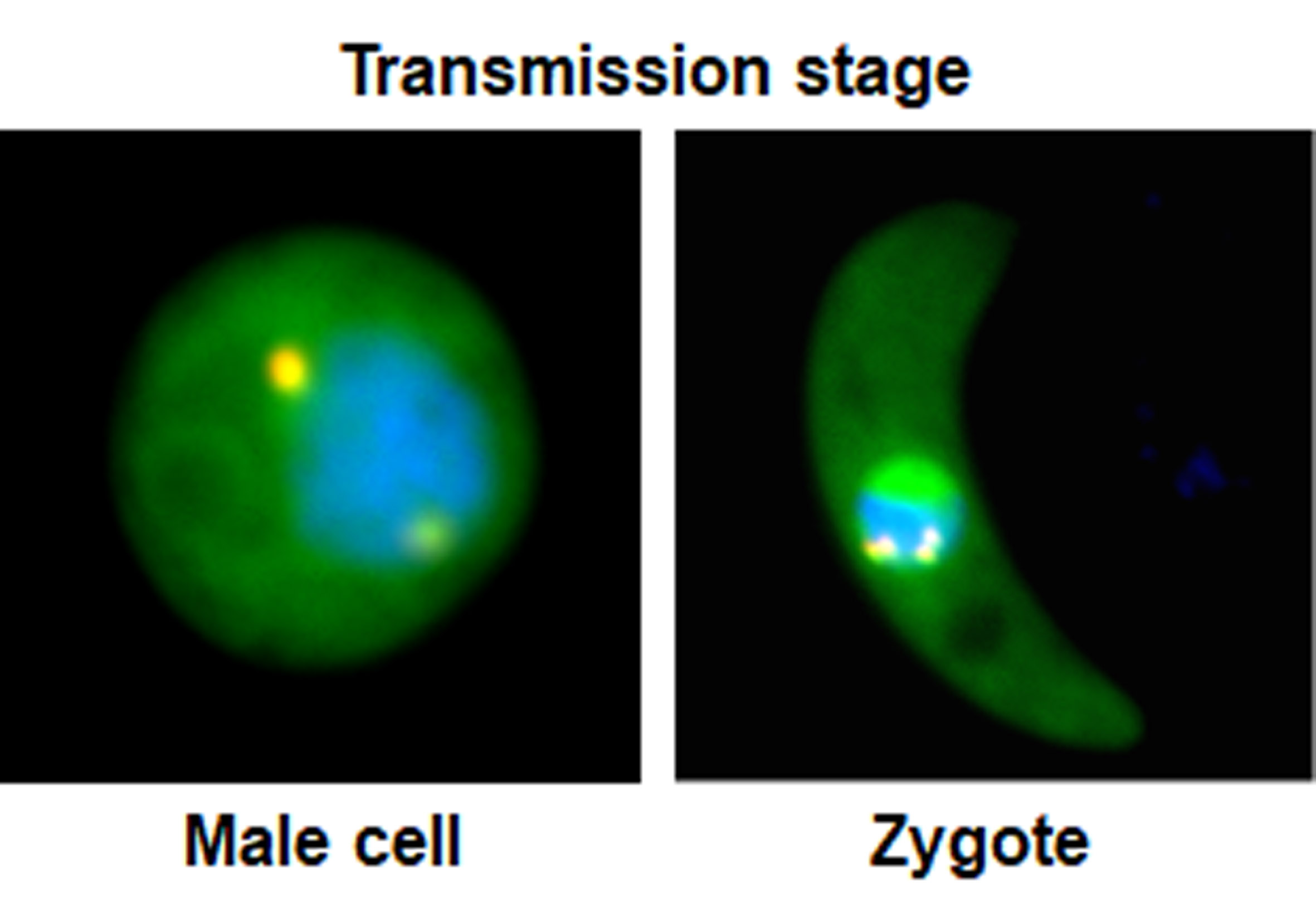Scientists at the University of Nottingham have made a major breakthrough in discovering how the malaria parasite is able to multiply rapidly in the mosquito gut, and how targeting it at this stage may stop the transmission of the disease.
The research, funded by the Medical Research Council and led by Rita Tewari, Professor of Parasite Cell Biology in the School of Life Sciences at the University, could pave the way in helping to eradicate the disease.
The study, published in Communications Biology, was a collaborative effort by scientists from the Universities of Leicester, Warwick, Oxford and the Francis Crick Institute in the UK, the King Abdullah University of Science and Technology (KAUST), Saudi Arabia, University of Geneva, Switzerland, University of Leuven, Belgium, Hokkaido University, Japan.
Malaria is still one of the biggest killer infections worldwide, with nearly half a million people dying of the disease last year - particularly in sub-Saharan Africa. The disease is caused by a single-celled parasite called Plasmodium, which is transmitted between people by the female Anopheles mosquito when they bite to take blood.
In this new study, researchers wanted to uncover a role for a protein that is well known in humans and other species to co-ordinate the activity of other proteins called Protein Phosphatase 1, also known as PP1.

PP1 regulates how cells multiply through processes known as mitosis and meiosis. However, little is known about the role of PP1 in the malaria parasite, so the team looked at where PP1 is located in the cell and how blocking its activity affects Plasmodium growth.
Professor Tewari said: "We have uncovered how PP1 regulates the unusual multiplication process the male sex cell undergoes within the mosquito gut. We found that this key molecule is present at specific points during cell multiplication and only on certain parts of the chromosome called the kinetochore, which is crucial for chromosome separation.
"We wanted to understand how and when does the parasite use this protein for its rapid phase of cell multiplication in the male sex cells that gives rise to parasite male sperm cell? How does PP1 orchestrate parasite development during this stage? It is fascinating how a single cell can carry out DNA multiplication so rapidly, and we need to understand how it does this. This work commenced with Dr David Guttery when he was working at University of Nottingham and is presently working at University of Leicester."

By analysing the parasite at specific stages present in the mosquito gut, the team of researchers found a new role for PP1 during Plasmodium mitosis in the male sex cells. They also found a surprising potential role in how the parasite changes from a round cell (zygote) into a banana-shaped ookinete, which is primed for moving through the mosquito gut ready for the next stage of development for transmission.

Dr Mohammed Zeeshan, from the School of Life Sciences at the University of Nottingham and lead scientist of the study said: "By artificially removing PP1 from the parasite by genetic manipulation, we discovered that this dramatically affects development of the male sex cells and the ookinetes looked very abnormal. When we looked at the location of PP1 during ookinete development, we found there is a very intense localisation at the exact point where the round zygote cell develops a protrusion from its body when it starts to change its shape and become like a banana. This is fascinating, but we need to look into this more to understand how we can use this knowledge to follow drug discovery."
A full copy of the study can be found here.






